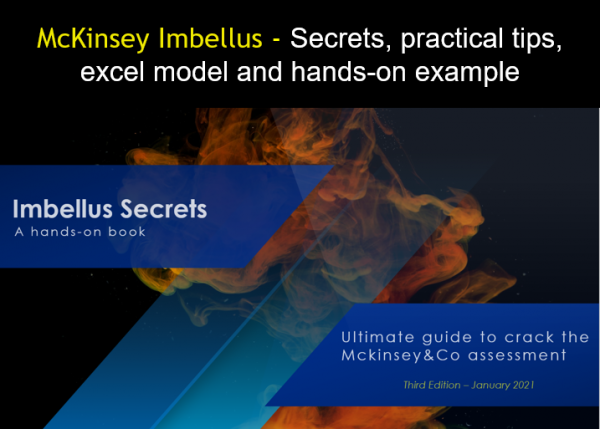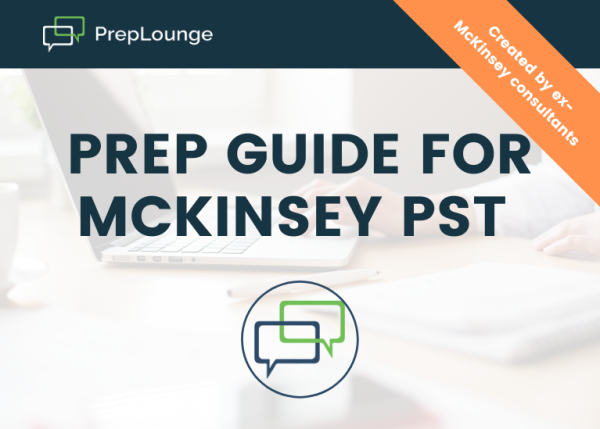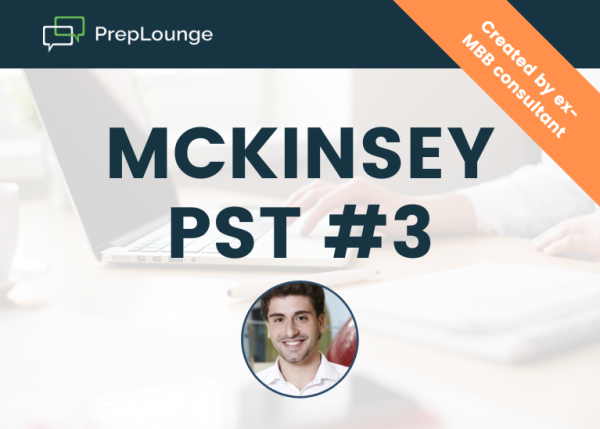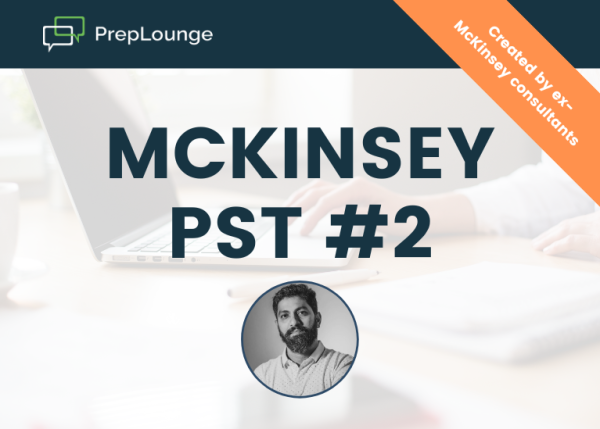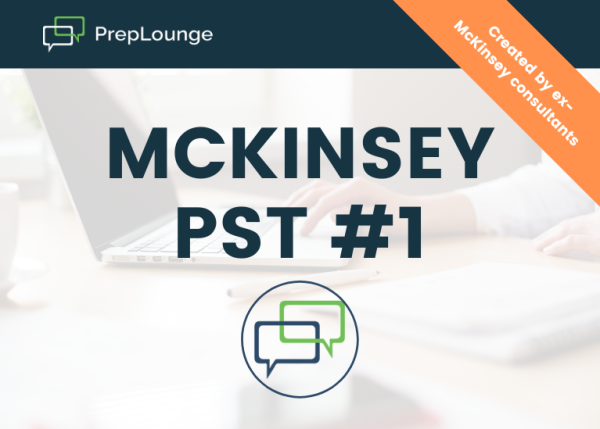Hello,
I have some some questions regarding the McKinsey interview format.
First question: Usually in Mckinsey cases (at least on their website) the prompt is divided into “Situation description” and “McKinsey study” and “Question”, where the firsts are more broad and the last is the specific question where we should develop the framework.
After they read the first two parts, will they give me time to ask the typical clarifying questions? Or should I wait for them to read the "Question"? Because often it is difficult to understand if they already read the whole prompt or not, and asking the clarifying questions before having all the prompt feels like I'm not being as specific as I could. Perhaps asking questions on both phases is possible?
Second question, how much time is “acceptable” to take between the typical brainstorming questions for the mck format? Often I feel like I could have more ideas but I seem to not want to take more than 1 minute for this.
Thank you for attention!
(editiert)




